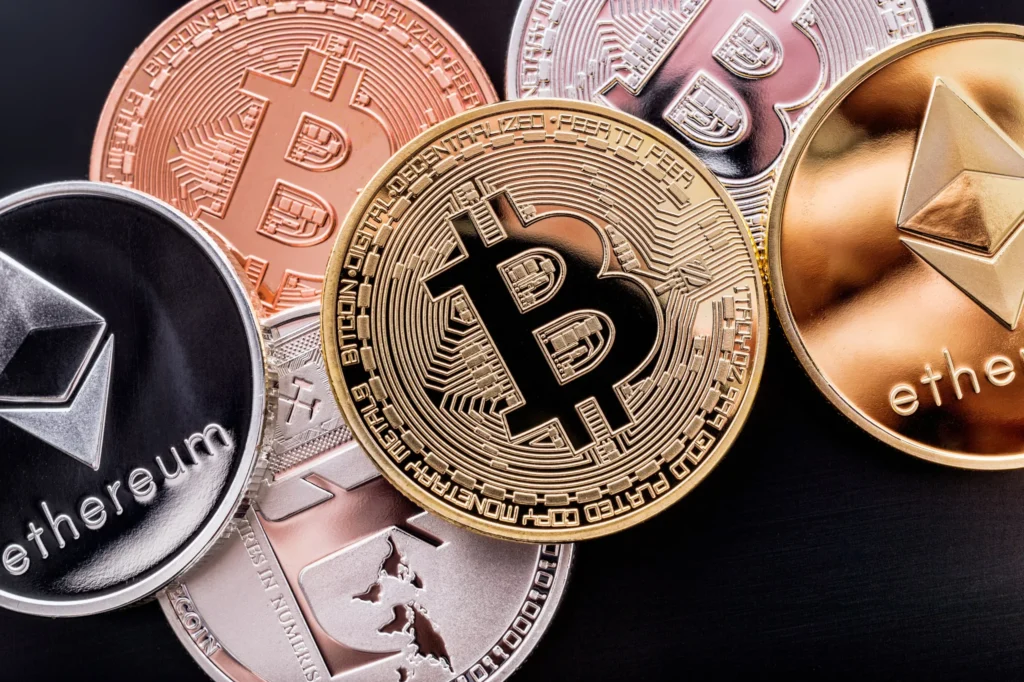What’s Next for the Future of Crypto in Thailand? A Real Look at 2025–2030
September 22, 2024

The Future of Crypto in Thailand: Where Things Might Actually Be Headed
Let’s get one thing straight—the future of crypto in Thailand isn’t some far-off sci-fi dream. It’s happening, right now, in small cafes, government pilot programs, startup meetups, and increasingly, in the minds of Gen Z. But is Thailand really gearing up to become Southeast Asia’s next digital asset hub—or is all this just a tech buzz that fizzles out by 2030?
Maybe it’s somewhere in between.
Crypto adoption here has taken a slightly strange path. Regulation came fast, retail enthusiasm was off the charts, and then came the crackdowns, the tax confusion, and the cautious reopening. So, what’s next? Let’s try to unpack that.
Crypto Laws in Thailand: From Crackdown to Clarity?
A few years ago, Thai regulators were all-in on putting guardrails around crypto trading. Exchanges like Bitkub and Satang got official licenses early on, but advertising got restricted, and warnings became the norm.
Then came Binance TH—yes, that Binance—partnering with Gulf Energy to enter the market legally. According to Techsauce, 2024 marked a turning point. Authorities began signaling more openness to innovation—especially if it brought structure, not chaos.
Expect tighter KYC/AML rules but more space for legitimate projects to grow. That means clearer tax frameworks too, possibly even automatic crypto gain reporting to the Revenue Department. Helpful? Maybe. Scary? Depends who you ask.

Tokenization: The Quiet Disruptor No One’s Watching (Yet)
Forget volatile coins for a second. The real game-changer? Tokenization.
Per a 2024 feature by SCB, tokenizing real-world assets—like property, bonds, or even luxury goods—is no longer theoretical. It’s happening. Slowly, but surely.
Why does this matter? Because it breaks down huge financial walls. Suddenly, average Thai investors can own a fraction of a beach resort or a fine art piece. It’s democratizing finance in a way traditional models never could.
Still, there are hurdles—legal definitions, custody issues, secondary trading limitations—but these are solvable. And once they are? Tokenized real estate might be more popular than physical deeds.

The Future of Crypto in Thailand Is Also About the People
Walk into any Thai co-working space, and you’ll meet 20-somethings who’ve dabbled in DeFi, flipped NFTs, or played to earn in blockchain-based games. That energy is real.
At events like “Street of the Future” (The Standard), you’ll find local developers building Web3 projects alongside regulators, educators, and curious business owners. It’s a strange but refreshing mix—and honestly, kind of the perfect storm.
This isn’t a trend driven by global whales or VC giants. Thailand’s future in crypto might very well rest on the backs of small-but-bold creators—and their communities.
Web3 & Gaming: A Thai Growth Engine?
Web3 in Thailand is weirdly vibrant. From NFT-based loyalty cards to Bangkok’s low-key obsession with blockchain games, we’re seeing an early-stage boom that doesn’t always make headlines.
Thai gaming studios are experimenting with blockchain layers. Loyalty startups are minting tokens instead of offering old-school punch cards. It’s not mainstream—yet—but there’s a clear undercurrent.
This grassroots angle could put Thailand on the map as a Web3-friendly ecosystem. Especially if neighboring countries tighten up or fumble the rollout.

Credit from : Medium
CBDCs: What If the Baht Goes Digital?
Thailand’s central bank has been flirting with CBDCs for years. Small-scale retail trials happened in 2023 and 2024—and while there’s no nationwide rollout yet, the idea’s gaining steam.
CBDCs could simplify B2B and consumer transactions, reduce fees, and increase transparency. But they also raise privacy concerns and give the state more visibility into spending.
By 2030? You might be paying for your BTS ride with a digital baht stored on your government-issued wallet. Or maybe not. Depends on how politics and policy shake out.
Future of Crypto in Thailand: The Risks Are Real, Too
Let’s not romanticize everything. Thailand’s crypto journey has risks—serious ones.
Market manipulation remains an issue. Retail traders still fall for pump-and-dump schemes. Education levels vary wildly. And then there’s regulation that can shift overnight based on sentiment or scandal.
Add to that geopolitical risks, regional competition, and the ever-present risk of a global crypto crash, and you get… well, a lot of moving parts.
Crypto in Thailand could become a regional model—or a cautionary tale.

Predictions: What Might Actually Happen by 2030?
Let’s throw out a few (semi-responsible) guesses:
- More regulated exchanges with faster fiat on/off ramps
- Tokenized Thai real estate markets open to locals and expats
- Crypto tax filings integrated into e-revenue platforms
- Web3 loyalty apps tied to big Thai retail brands
- CBDC for retail users, perhaps as a choice rather than a requirement
- Less hype, more real-world usage
Oh—and probably fewer celebrity NFT drops. Please.
Final Thoughts: So, What Is the Future of Crypto in Thailand?
Honestly? It’s still unfolding. But one thing is clear—the future of crypto in Thailand won’t be defined by hype or one lucky bull run. It’ll be shaped by people on the ground: the coders, the investors, the risk-takers, and yes, the regulators trying to keep it all from going off the rails.
Some say Thailand’s best crypto days are still ahead. Maybe they’re right. But even if they’re wrong, the next chapter won’t be boring. You can count on that.

